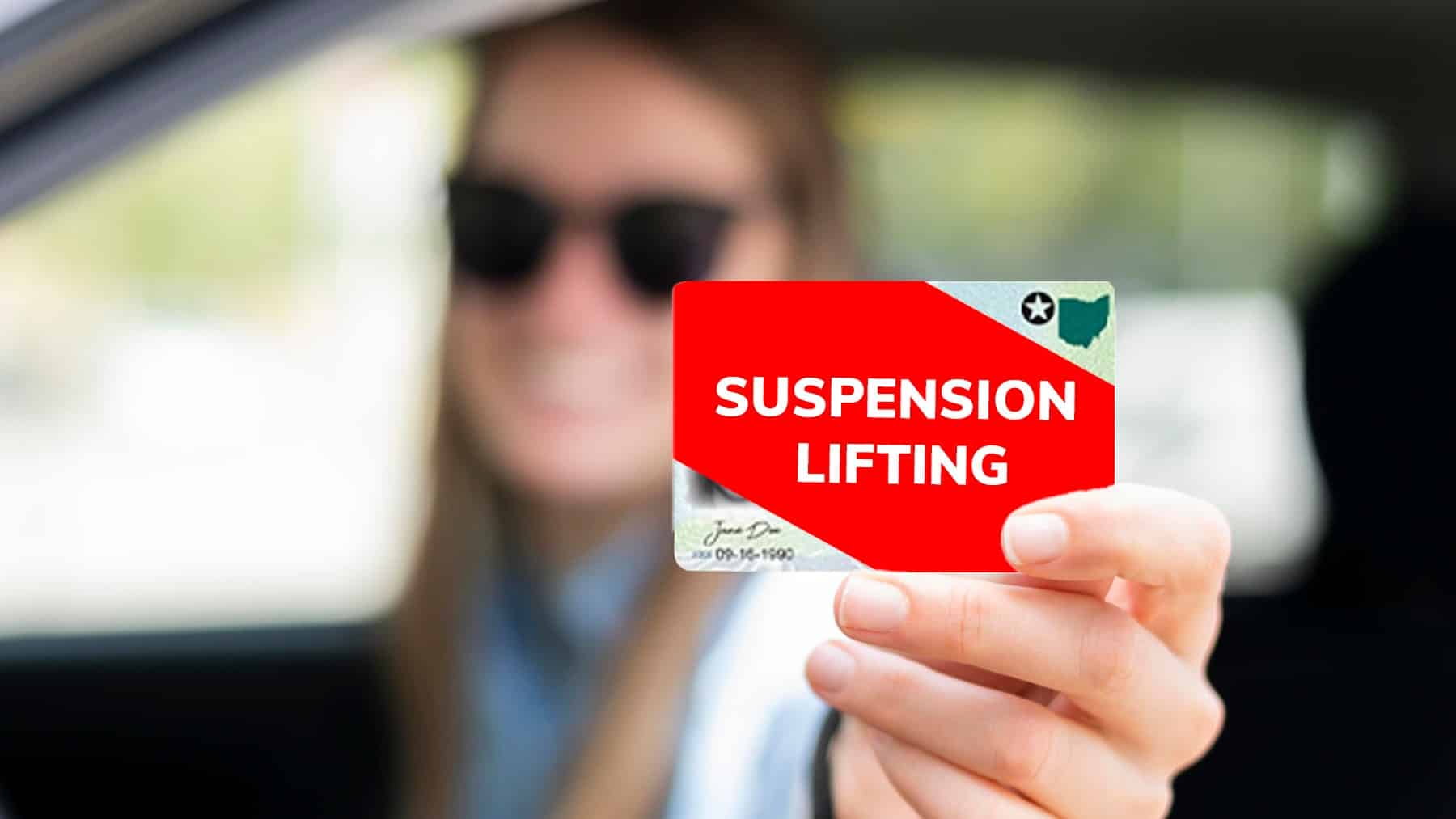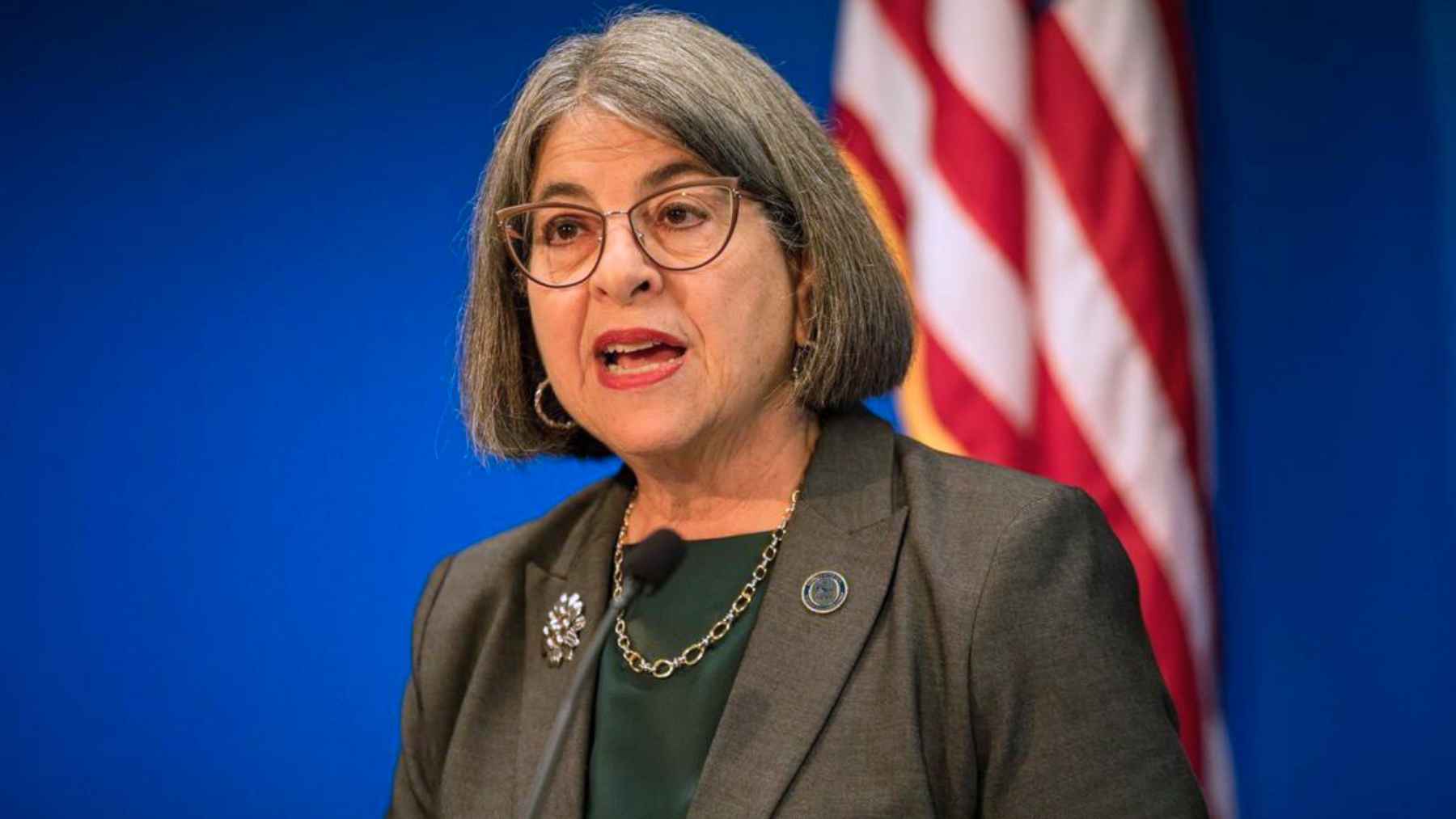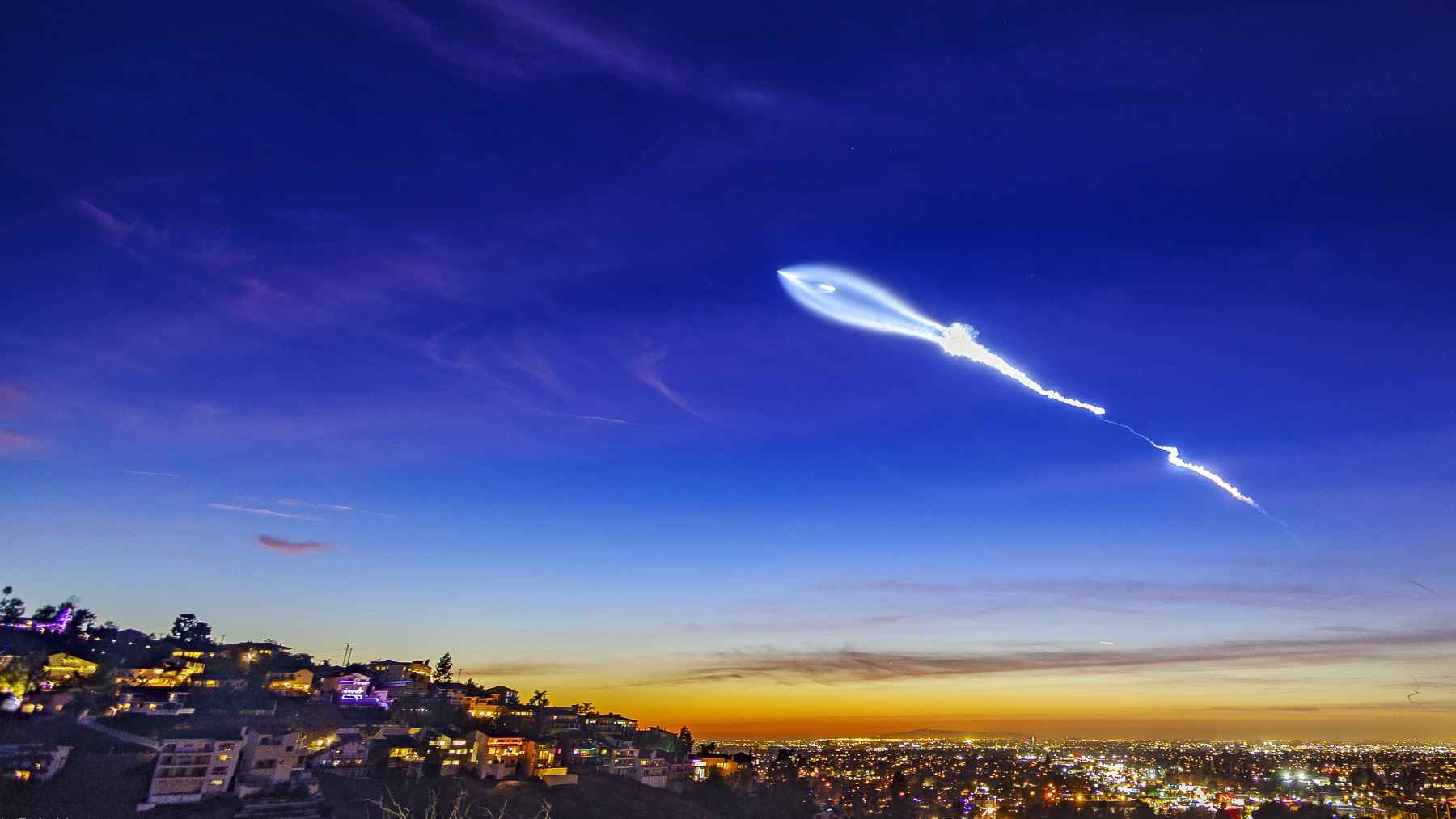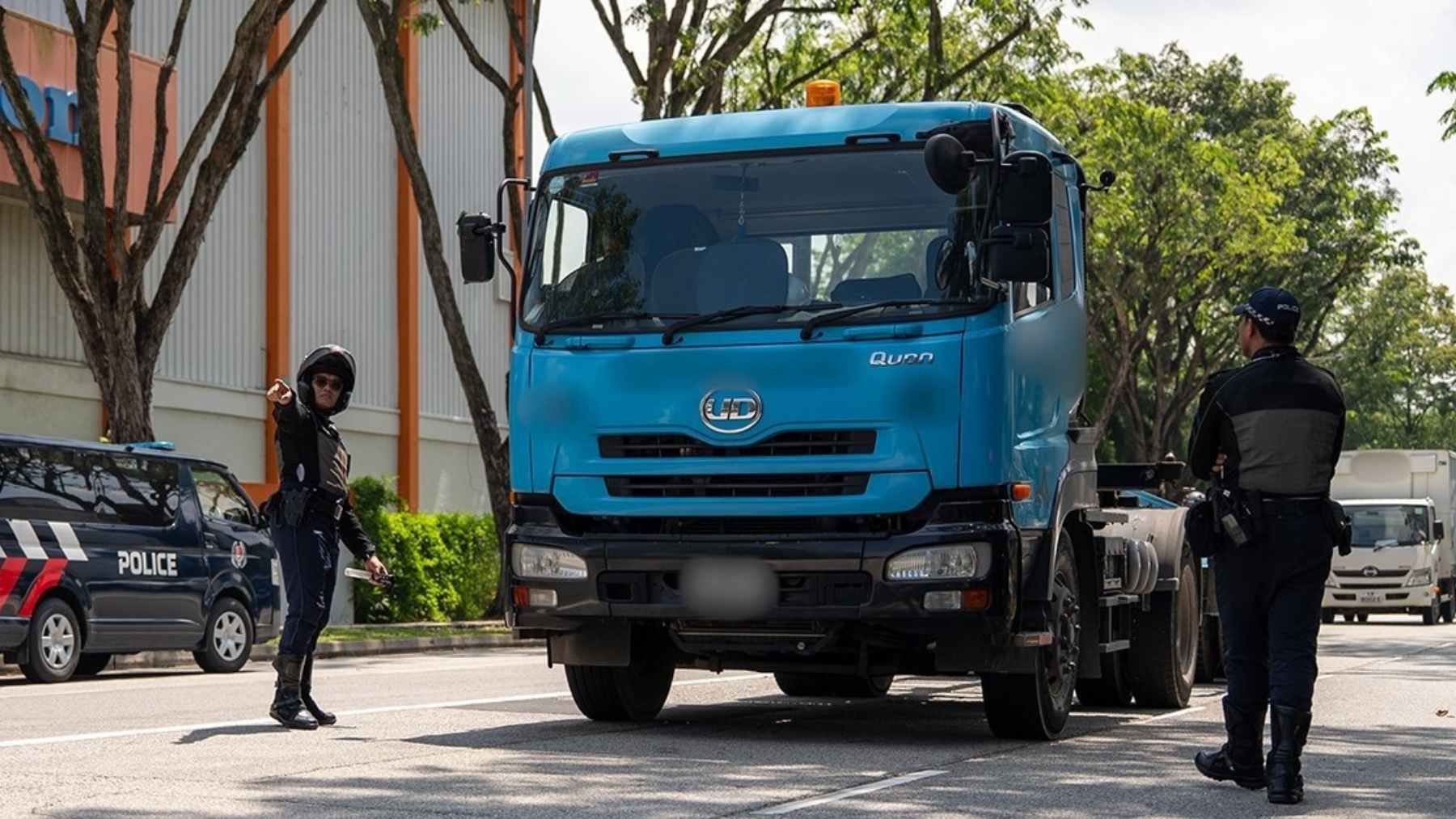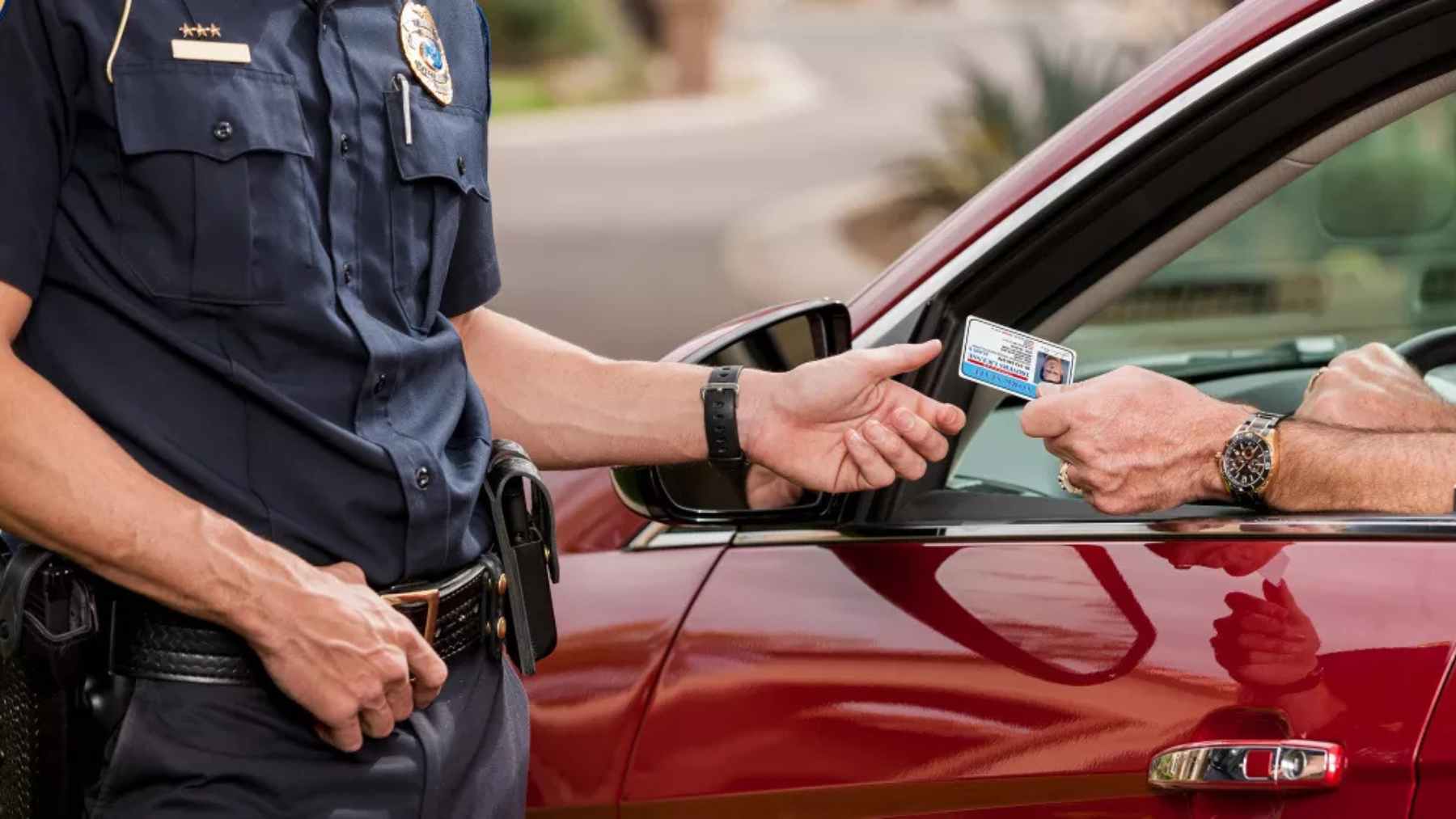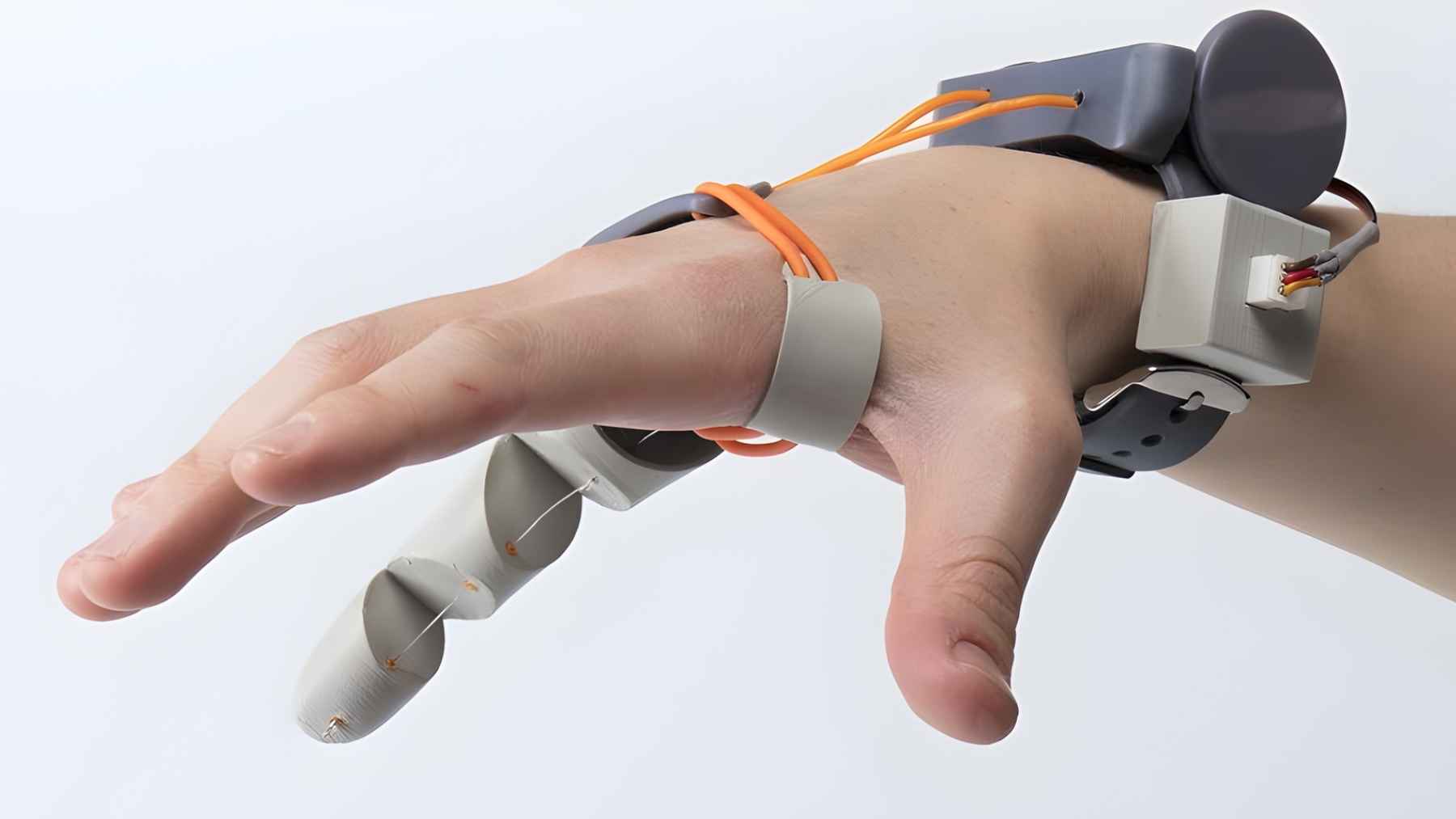If you have recently been subject to a driving suspension from this state, then you are soon to receive some good news. In order to keep the roads safe, drivers are sometimes subject to driving and license suspensions if they break the law of the road. This usually happens if you are a repeated offender for a particular violation, commit a serious violation, or can also occur if you do not pay your traffic fines. However, some drivers may be able to see their license reinstated soon.
Criticisms for a driving suspension
License suspensions, which mean you legally cannot drive on the road, can be an effective punishment for drivers who commit serious traffic violations, whereby the driver poses a clear risk to public safety when behind the wheel. Driving under the influence, repeat violations of reckless driving, and a failure to appear in court over a traffic violation are violations that can be effectively addressed by suspending the license of a driver to reinforce safe driving norms.
However, license suspensions are often invoked when a driver does not pay their fines for a traffic violation. Many advocates have noted that this disproportionately affects low-income individuals. Without a license, these individuals may not have access to their place of work, further perpetrating the cycle of poverty, and also not doing anything to help the driver earn income to pay the fine, which they are being punished for not paying in the first place. Because of this, many people continue to drive anyway, even if their license has been suspended.
These drivers may have their license reinstated
In light of these concerns, a new law has recently been passed in Ohio that allows for the license reinstatement of over 400,000 licenses, as well as allowing individuals to register their vehicles. Under the new law, drivers will no longer have their licenses suspended should they have an unpaid fine. However, if you fail to present yourself in court over a traffic violation, you still can receive a license suspension.
Thanks to House Bill 29 in the Ohio General Assembly, the Ohio Bureau of Motor Vehicles has also noted that they have cleared over $8 million in fees, which would have fallen on drivers to reinstate their licenses. However, according to the Ohio Bureau of Motor Vehicles, approximately 94,000 license suspensions and driving blocks remain valid and not covered by the new law.
Other states follow suit to reduce marginalization and bias
Other states have also taken steps to break down systemic barriers on the road. Traffic stops are another way in which bias and marginalization are seen on the road. While these stops are intended to ensure that there is police presence on the road and to enforce traffic laws, advocates and studies alike have noted that these measures tend to disproportionately target non-white drivers and other drivers who may be more vulnerable to harassment from police.
“For folks already known to law enforcement because of their advocacy, their organization, and their refusal to stay silent, these stops become tools of harassment and tools of retaliation,” said Joe Davis of RISE Houston to HoustonPress.
Because of these concerns, the Houston Police Department in Texas has removed the requirement that officers must make at least one traffic stop per shift. This removal hopes to foster better trust between police and the public as well as to continue to contribute towards breaking down systemic barriers which deter the public from receiving help from law enforcement, making them more vulnerable to becoming victims of crime, as well as improving overall relations with the public wanting to help assist police.
